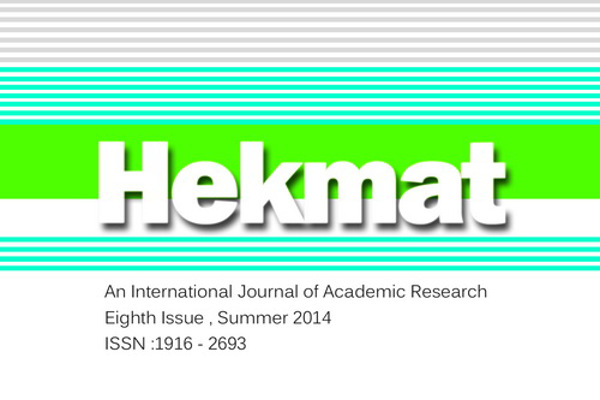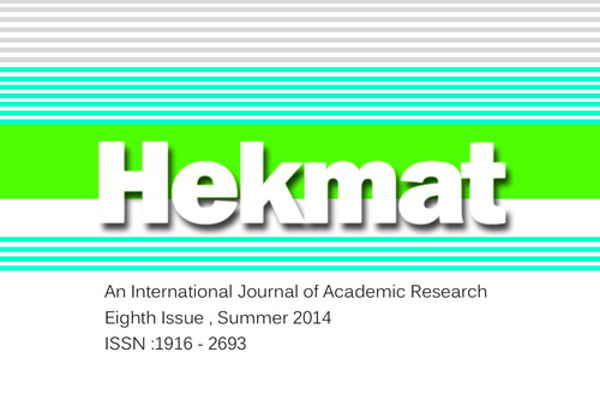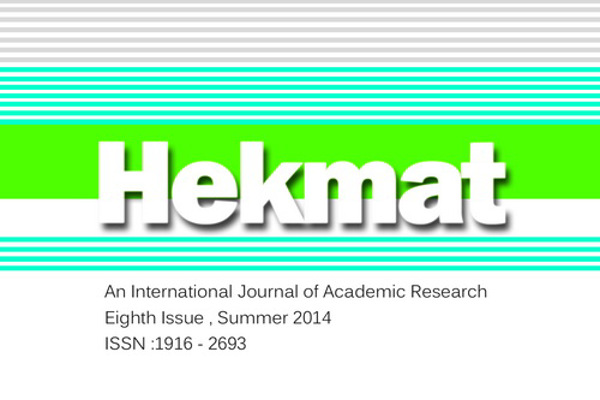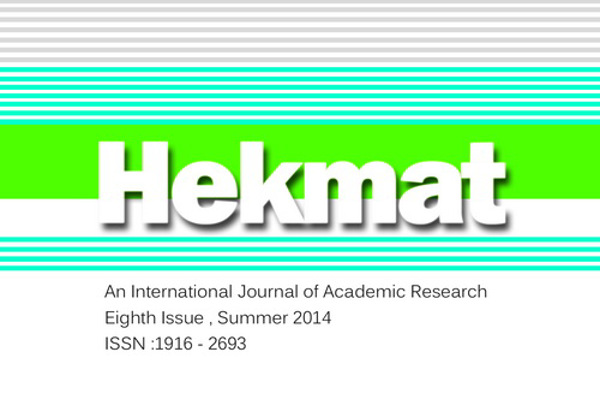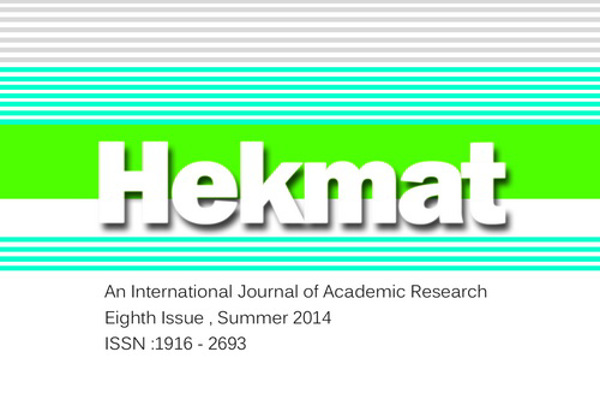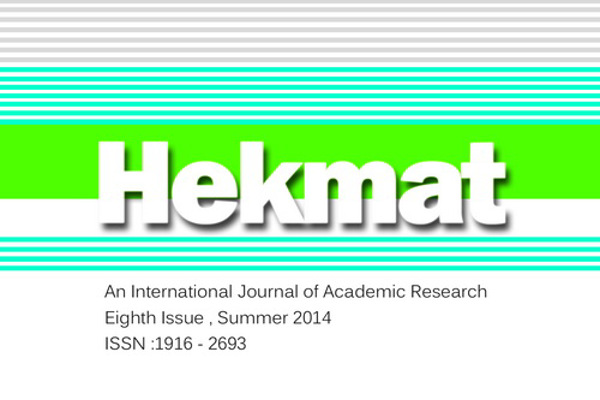Editorial
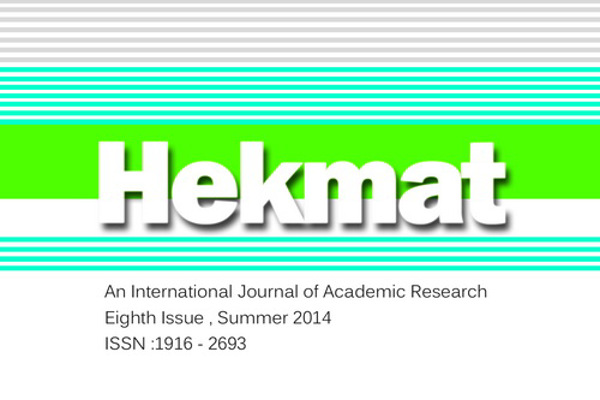
The Concept of Peaceful Coexistence
In international law, this concept means “a particular kind of relation among countries with different sociopolitical setups based on the principles of sovereignty, equal rights, territorial integrity and immunity, noninterference in domestic policies of the other nations, respect for the right of nations to self-determination through free elections, and finally commitment to settling international disputes through negotiations”. In other words, the principle of peaceful coexistence has two facets. From the point of view of general international law, it depicts “friendly relations between nations and states on the basis of mutual recognition, equal rights, noninterference, and peaceful settlement of disputes.” From the point of view of private international law, it means “recognition of ethnic and religious minorities within the jurisdiction of the state, respect for their rights, and freedom of religious practice.”
Some authors such as the French scholar Montesquieu believe that Islam is a religion of sword. In his magnum opus “the spirit of the laws”, he writes, “the grave misfortune humanity has always suffered from is that conquerors imposed their faith on the defeated nations. Islamic religion was imposed by sword on people, for it was initially founded on force, hence the abjectness it brought about”. Contrary to this fallacious claim made unfortunately by many Western orientalists and by no means exclusive to Montesquieu, we can confidently posit the gulf between what Islam as a religion advocates and the historical actualization of Islam as a civilization. We can even argue on the basis of historical facts that Islam respected other religions and practically established the principle of peaceful coexistence between the followers of all religions. Theoretically speaking, also we can show, on the basis of the Koranic verses as well as the tradition of the holy Prophet and the holy Immaculate Imams, that Islam recognizes religious tolerance and pluralism. Gustave le Bonne writes,“the reason why Christian nations accepted the religion and sometimes even the language of the Arab conquerors lies in the fact that they saw the invaders as new rulers far juster and fairer compared to the oppressing tyranny they used to live under.” About religious tolerance in Islam, he writes, “the religious tolerance Islam showed towards Christianity and Judaism can hardly be seen in other faiths.”
The Principle of Coexistence in Islam
As a religion, Islam contains a normative system including rituals, precepts concerning personal life, and a collection of social, political, and economic norms that administers human material life. Islam has addressed all issues human life depends on in this world and in the hereafter. Islamic norms are supposed to manage an individual's relation to himself, God, society, family, and to other nations whether Muslim or non-Muslim. The Prophet of Islam is the last prophet of God. His religion is the last religion. Islamic precepts are meant to guide humanity throughout ages.
According to Islam, peaceful coexistence among people of various faiths is not a means to an end. It is rather an end in itself. It is an end because human perfection can only be realized under circumstances where people can freely choose their way of life and conduct it rationally.
Relations between Muslims and non-Muslims must be based on good conduct. Islam does not let its followers oppress the followers of other religions let alone annihilate them. Muslims must treat non-Muslims fairly and justly. Non-Muslims also enjoy human dignity because they are all human beings. These Islamic teachings represent the spirit of the Koranic verses and sayings of the holy Prophet and Infallible Imams. Peaceful coexistence is a fundamental principle.
War as an Exception
Since coexistence is the principle in Islamic view, war may be legitimate only under exceptional circumstances. According to the Koran, resort to force is illegitimate unless it becomes inevitable for stopping invasion, checking anarchy, resisting suppression, defending territory, containment of plots and warmongers.


